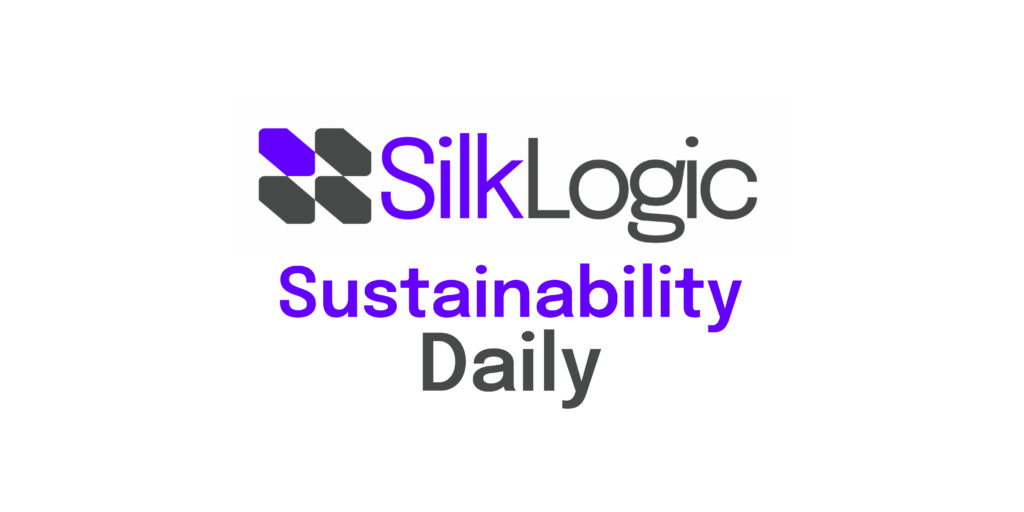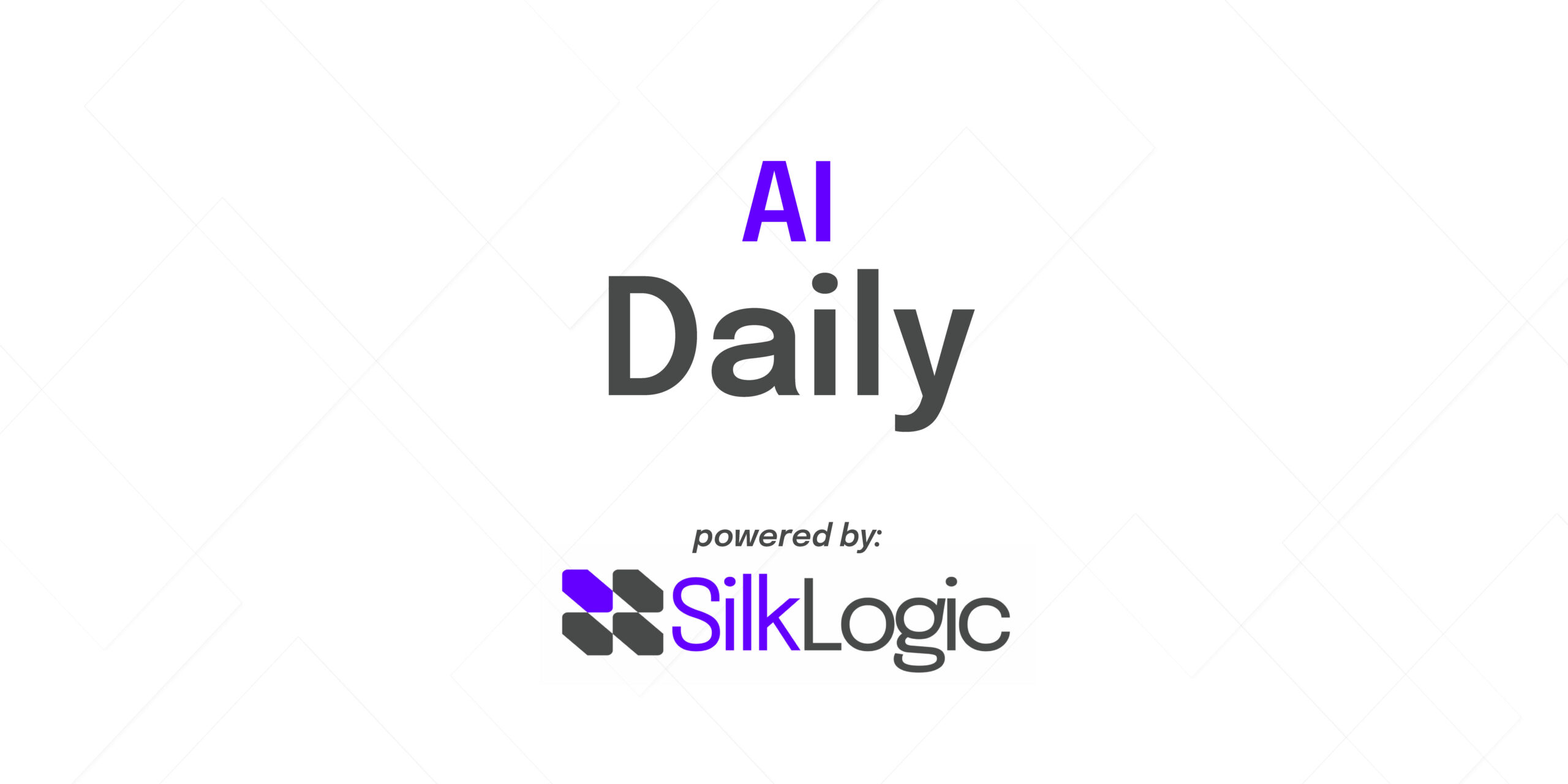Listen to today’s podcast: https://podcasts.apple.com/us/podcast/silk-logic-sustainability-daily/id1842028080
Sustainability Daily Podcast 11/17/2025
Today’s podcast episode was created from the following stories:
Joyphene Sustainable Innovations launches graphene-based lubricant
By BL Kochi Bureau — November 16, 2025 • Read the full story
Kerala-based startup Joyphene unveiled GraphenGlide, an eco-friendly, oil-free dry lubricant that leaves a thin graphene film to protect metal parts from rust and wear. Designed for bikes, household appliances, and general hardware, it promises clean, long-lasting lubrication without mineral oils or greases. At ₹300 for 80 ml and already on Amazon, it underscores how advanced materials can cut mess and environmental impact in everyday maintenance.
Nepal receives Rs 1.19 billion from Carbon Partnership Fund
By Not specified — November 16, 2025 • Read the full story
Nepal secured its first payment under the World Bank’s Forest Carbon Partnership Fund after verifying a reduction of about 1.888 million tons of CO₂ in the Terai Arc through the REDD+ program. The funds will support efforts to curb deforestation, enhance biodiversity, and expand sustainable livelihoods for local and Indigenous communities. It’s a milestone that validates results-based climate action at the national scale.
Turkey tail mushroom provides alternative to single-use plastic wrap
By Shirl Leigh — November 15, 2025 • Read the full story
University of Maine researchers combined turkey tail mushroom mycelium with wood cellulose nanofibrils to create a natural, waterproof, oil- and grease-resistant coating. Tested on paper, textiles, and wood, the coating caused liquids to bead rather than soak, signaling promise as a food-safe alternative to plastic wrap and cup linings. Published in Langmuir, the work highlights how bio-based materials could help phase out single-use plastics.
Top 5 reasons 3D-printed homes are the future of affordable housing
By Pooja Khanna Tyagi — November 16, 2025 • Read the full story
This roundup makes a compelling case for 3D-printed housing: lower costs, faster builds, flexible design, and improved sustainability and resilience. Case studies from Ireland, Singapore, Kazakhstan, and Portugal show real-world momentum—homes printed in days, optimized material use, and structures tailored for local climates and seismic risks. For policymakers and developers, the message is clear: additive construction is scaling into a practical tool for affordable, low-carbon housing.
T-REX’s first investor-in-residence sees St. Louis as ‘the gateway to innovation’
By Hannah Wyman | Post-Dispatch — November 16, 2025 • Read the full story
T-REX named Stakehouse founder Vikram Lakhwara as its inaugural investor-in-residence to connect startups with capital and networks. The role targets St. Louis’ strengths in geospatial and biotech, aiming to close funding gaps that often disadvantage Midwestern founders. It’s a strategic play to accelerate commercialization and keep high-potential companies rooted in the region.
FY Energy launches beginner-friendly green compute management plan for sustainable long-term growth
By Not specified — November 16, 2025 • Read the full story
FY Energy introduced a free, beginner-focused plan that manages compute and digital asset operations on 100% renewable power, bundling real-time dashboards with multi-layer security and on-chain audit trails. The limited-time offer lowers technical and financial barriers for users seeking greener digital infrastructure. If scaled responsibly, it could nudge energy-intensive computing toward cleaner baselines.
Bristol to launch world-first ‘clean power hub’ for festivals and film crews
By Not specified — November 16, 2025 • Read the full story
Bristol’s city council and regional partners plan a mobile clean power hub to guarantee renewable energy for festivals and film productions next summer. Building on artists’ and events’ push for lower-impact tours, the initiative aims to replace carbon-intensive power on location. It’s a practical model other cities could replicate for greener cultural industries.





